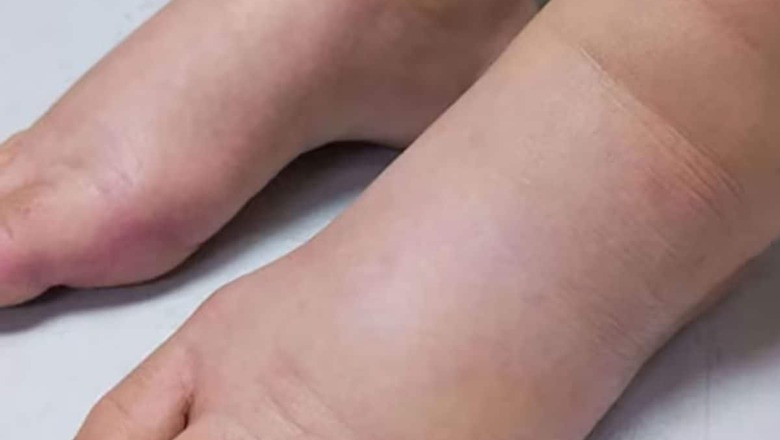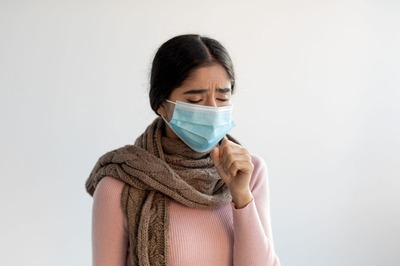
views
As winter makes its chilly entrance, it brings along a myriad of health concerns that can impact our well-being. Among these, one common issue many face is the swelling of fingers and toes, a condition known as cold sores. Unlike the familiar lip sores, this phenomenon affects blood vessels, leading to red or bluish itching on the skin, particularly in areas like hands, toes, ears, and nose.
During winter, the cold weather poses challenges to our immune system. Additionally, the season often prompts an increase in sugar intake as we turn to warm beverages like tea and coffee, which can contribute to a weakened immune response.
Here are some symptoms associated with winter-related cold sores:
Swelling: The affected areas experience swelling, making them sensitive to touch.
Skin Discoloration: Inflammation in the skin causes affected areas to turn red or bluish.
Itching and Irritation: Severe itching and irritation are common with winter blisters, making everyday activities uncomfortable.
Blisters or Sores: In more severe cases or with prolonged exposure to cold, blisters or sores may develop, leading to pain and an increased risk of infection.
To mitigate the impact of winter-related cold sores, consider the following precautionary measures:
Protection: Keep your body warm by wearing layers, with particular attention to hands, feet, ears, and nose. Utilise socks, gloves, hats, and sweaters when venturing outside.
Avoid Sudden Temperature Changes: Gradually warm up body parts to prevent the constriction of blood vessels, reducing the likelihood of cold sores.
Maintain a Controlled Indoor Environment: Ensure that your home and workplace are well-sealed against the cold. Using a heater can help maintain a suitable temperature indoors during winter.
Minimise Exposure to Cold and Dampness: Limit time spent in chilly and damp environments. If exposure to cooler areas is unavoidable, take precautions to stay dry and find warmth whenever possible.
Foot Care: Keep your feet dry, wear waterproof footwear when outside, and regularly apply moisturiser to prevent dryness and the onset of winter blisters.
By adopting these precautions, you can shield yourself from the discomfort of winter-related cold sores. Stay warm, prioritise your health, and navigate the winter season with greater ease.




















Comments
0 comment